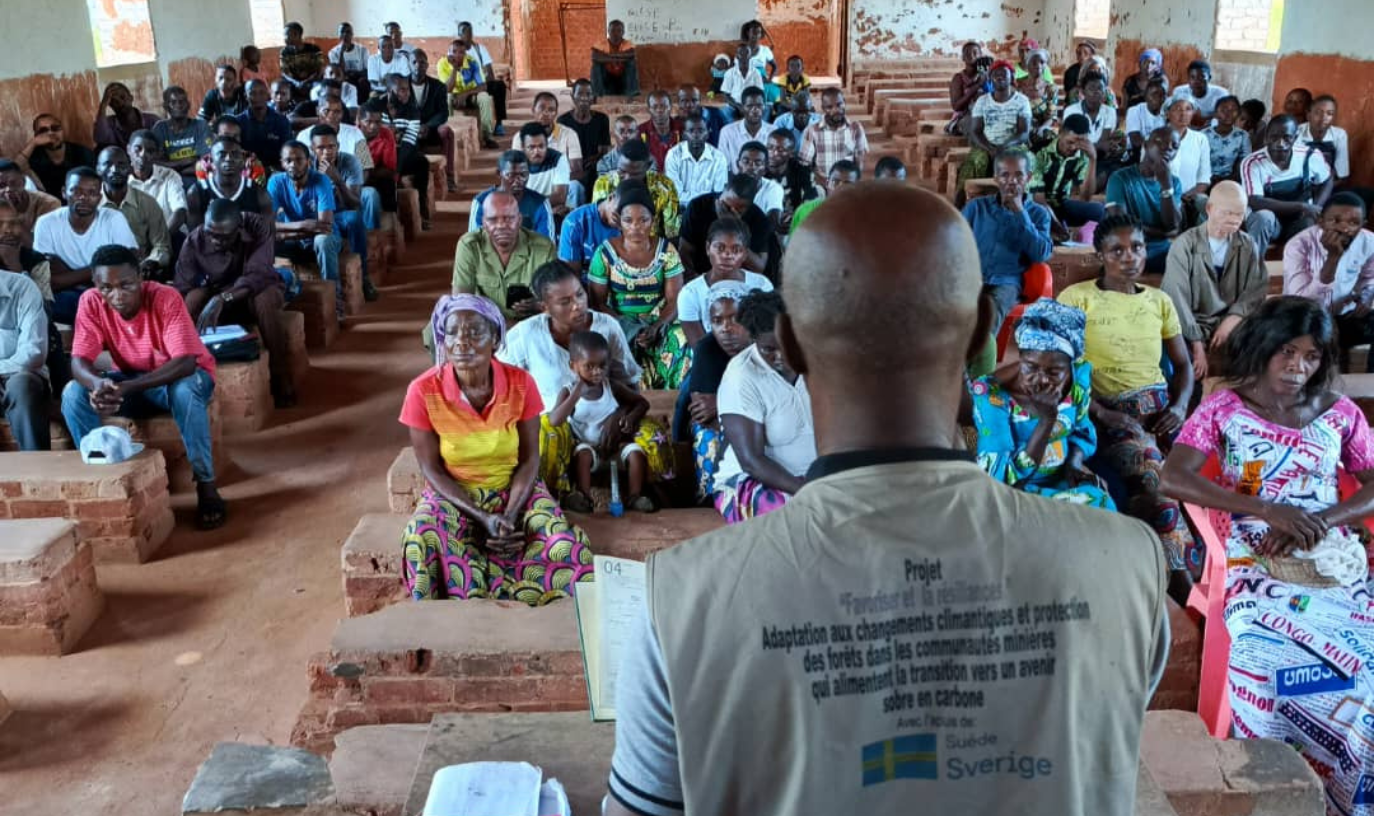In its first year, the Powering Resilience project worked with its partners to build a foundation for future actions. This focused on identifying the communities across the four provinces where the project activities would take place, raising awareness among the stakeholders, as well as establishing relationships with community members, women’s groups, Indigenous Peoples, and policymakers. Emphasis was also placed on building knowledge around ecosystems and climate change vulnerability in each unique local context. Several assessments and analyses were carried out that will lay the groundwork for the interventions to support ecosystem restoration.
In 2024, progress was made in the following areas:
Restoration and Protection
Project Sites Selected: Local partners identified the communities where project interventions will be implemented, building relationships with local stakeholders for long-term engagement.
Community Sensitization: Eight sessions were held across the four provinces to raise awareness about the project and its objectives.
Baseline Study: A comprehensive study assessed the socio-economic, environmental, and cultural context of the communities in the four provinces targeted by the project.
Assessment on Traditional Knowledge: This assessment, carried out through field research and community consultations, identified Indigenous and traditional knowledge on ecosystem adaptation and restoration, while also evaluating the capacity-building needs of actors at the local and provincial levels.
Assessment on Climate Change Vulnerability: This extensive assessment examined the state of biodiversity in the target communities and their existing ecosystem services. The study evaluated the impact of climate change and mining on local biodiversity and analyzed the community’s vulnerability to climate change.
Assessment on Ecosystem Services: This assessment examined the existing or potential nature-based livelihoods in target communities and analyzed the existing markets in DRC for ecosystem services.
Community-Based Ecosystem Governance
Conflict Analysis: This study examined the conflict dynamics across the target provinces with a focus on access to land and natural resources, power issues and governance, as well as identity issues related to community and land.
Gender Analysis: This study examined the role of women in the local economy, opportunities and challenges related to empowerment, as well as decision-making around natural resources.
Community Interests in Plans and Strategies
Project Steering Committee: A project steering committee was established, adopting terms of references, and designating a coordinator.
Advocacy and networking initiatives are expected to be initiated through this committee to ensure the interests of beneficiary local communities are taken into account, starting in the second year of the project.
The Powering Resilience project aims to increase the resilience of Democratic Republic of Congo’s communities vulnerable to the impacts of mining, particularly critical minerals vital for the green transition. The project will enhance the local populations’ capacity to restore and safeguard their ecosystems, such as tropical forests and woodlands. It will center women’s leadership and promote Indigenous knowledge as part of efforts to support communities to adapt to the adverse effects of climate change.
IMPACT is implementing the project in collaboration with the following partners in Haut Katanga and Lualaba Provinces: ADGRN and PREMI-Congo. IMPACT is implementing the project in collaboration with the following partners in Tshopo and Ituri Provinces: OCEAN, PAP-RDC, SOFEPADI, Tropenbos DRC.

